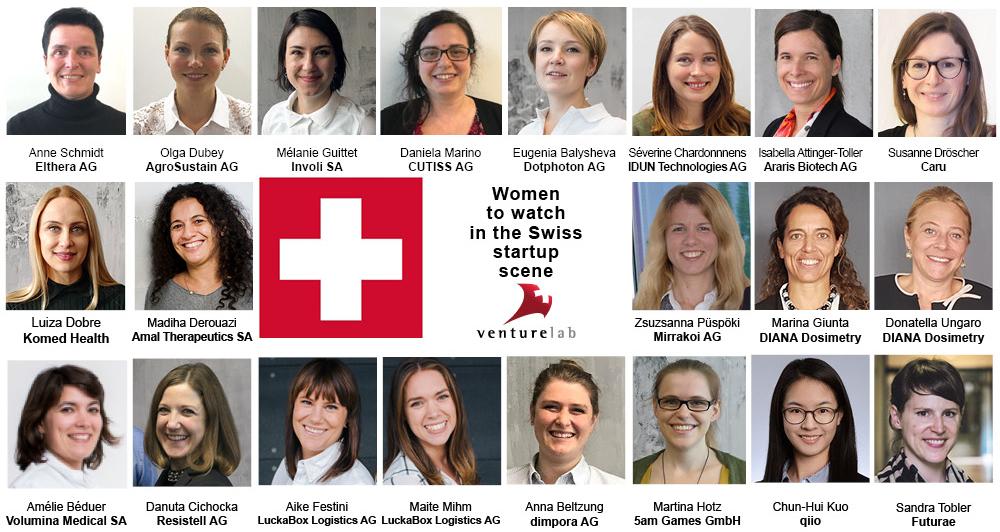The technology and science landscape suffers from a marked gender imbalance that affects the startup ecosystem as well. Following the edict that knowledge is power, we put together a selection of resources for aspiring entrepreneurs meant to help, illuminate, and inspire.
As entrepreneur Aike Festini recently said interview with Venturelab on the subject of women in the startup ecosystem, gender-based discussions and platforms can be a fraught subject. Yet, they are undeniably necessary. She recently joined Privilèges Ventures to build a fund for female-led startups, based on that need. Equitable access to platforms and venture capital is key, which is why Venturelab put together a list of 15 Swiss female VCs shaking up the ecosystem.
Continued exchanges about the challenges and opportunities in the ecosystem remain vital. "Every human being is biased. Even women are biased against women. Just because you have a female VC in front of you, your life will not be easier. It is critical to be aware of psychology when you enter negotiations," said Kathrin Saner, former COO of nau.ch and now a VC at Postfinance, at last year's panel on negotiating in the Swiss startup ecosystem.
The panel was a platform for business leaders and investors to share their experiences with gender bias as well as perspectives on how to address and challenge them. While Saner's comment highlighted the complex nature of biases and the need to be mindful of their role in negotiations, the overall discussion provided encouragement and practical guidance when it comes to finding investors. Keynote speaker Luiza Dobre, CEO of Komet Health, presented twelve vital principles of negotiation.

GENDER EQUITY IN EDUCATION & RESEARCH
Scientists and engineers who translate their talents into innovative ventures are the backbone of the startup ecosystem. And while research institutions offer fertile ground for the development of game-changing forms technologies and solutions, they also reflect an unfortunate pattern. According to a 2019 UNESCO report, women account for less than 30% of scientific researchers globally. In Switzerland, the number was 33.6%.
The so-called leaky pipeline problem is recognized as a phenomenon at the root of this gendered imbalance. The metaphor refers to the decreasing number and proportion of particular demographics, e.g. women, in the progression of academic qualification and hierarchy, a pattern that is particularly pronounced in science, technology, engineering, and mathematics (STEM). Extensive research points to a multitude of interrelated factors, ranging from socio-economic context to prevailing conscious and unconscious biases. These factors affect the performance and access of girls and young women in STEM early in life while determining what kind of opportunities, rewards, hurdles, and disadvantages they will encounter in higher education and research.
This has an impact on innovation: if there are fewer women ready and able to translate their scientific and technological know-how into new ventures, the gender imbalance in academia will be reflected in the startup ecosystem. Students and researchers looking to learn more about gender equity facts and initiatives have a variety of institutional and external resources at their disposal. Here are a few examples:
- Fix the Leaky Pipeline!: Initiated by the ETH in 2007, FLP is a support and career-building program for female scientists in various ways. They provide peer mentoring, coaching groups, and courses at ETH, and EPFL, among others. They also provide a number of helpful links to additional resources.
- Diversity at ETH Zurich: Stay up to date on the ETH’s offers and programs aimed at fostering diversity and inclusion.
- UZH Gender Equality and Diversity: The UZH has various initiatives and mechanisms promoting gender equity.
- UZH Leaky Pipeline Report Monitoring: The UZH tracks its own leaky pipeline.
- EPFL Equality and Diversity: The Lausanne institution has various channels and policies in place in support of an equitable research environment.
Venturelab's Venture Briefing and Venture Challenge event series target students and young researchers interested in learning about the fundamentals of entrepreneurship. As Venturelab project manager Calimna Sladic underlines, taking the first steps towards an entrepreneurial career should have nothing to do with gender.

FINDING YOUR NETWORK
Numerous statics indicate that women account for a disproportionally small amount of tech entrepreneurs in Switzerland and beyond: around 10% of tech startups are led by women, with higher numbers in some areas, e.g. life sciences.
Looking back at 15 years of supporting innovators in Switzerland, Venture Kick reported on the demographics of the founder teams that have participated in the program. While the number of women in founding teams is above average in startups backed by Venture Kick, women are still underrepresented overall. However, there has been an increase in mixed and exclusively female founder teams in the past five years.

With more female founders ready to share their experiences and network, the resources and initiatives that lend support to female entrepreneurs also grow. Here is a selection of networks and organizations that lend support, create communities, and provide visibility for female founders:
- Female-Founders.ch: This Swiss network connects, motivates, and supports female entrepreneurs, and helps to put them on the map—literally. The Startup Campus initiative is powered by ZHAW and ImpactHub.
- Female-Founders.org: This European organization is a network for female entrepreneurs in tech.
- FEMtrepreneurs: Part of the University of Basel's innovation office, this is a community and network for female entrepreneurs. The initiative was co-founded by Leonie Kellner.
- Genuine: This is a French-speaking network for women in entrepreneurship. Here's a recent article about the community's founder, Emilie Hawlena.
- Girls In Tech: This organization aims to improve the access, interest, and retention of women in tech. Also, take a look at this recent article on the number of women in tech and tech-related industries in Switzerland.
- Guide to Gender Lens Acceleration: This is a great resource made available by ImpactHub with the intention to further gender equity in the context of entrepreneurial support initiatives.
- Makou: This is a platform for female founders which was co-founded by Venessa Mohrig, a community builder at Startup Campus.
WOMEN IN INNOVATION: GOOD READS

Delving into the stories and histories of women in science and technology can be comforting, disconcerting, and illuminating.
A look at the trajectory of women in computer science, for instance, reveals how larger cultural and social frameworks have affected the sector over the decades. You can get a taste of the rich history of women who code by listening to Planet Money's episode When Women Stopped Coding from 2014 or the riveting NYT Magazine article The Secret History of Women in Coding.
For a more in-depth history of the gender crisis in computer science, consider Thomas J. Misa's Gender Codes: Why Women Are Leaving Computing (2010) as well as Janet Abbate's Recoding Gender: Women's Changing Participation in Computing (2012).
A recent book by Kate Zernike titled The Exceptions: Nancy Hopkins, MIT, and the Fight for Women in Science gives an account of women's work and struggle at one of the world’s most renowned scientific institutions from the 1960s to the 1990s. The book was recently reviewed by Bonnie Garmus, author of the best-selling novel Lessons in Chemistry (2022).
Should anyone need convincing that the lack of diversity, gendered and otherwise, is a detriment to technological innovation, Sara Wachter-Boettcher's Technically Wrong (2017) and Caroline Criado Pérez Invisible Women (2019) may prove insightful.
If you are interested in learning from women in today's tech world, you will find just that in Innovating Women: The Changing Face of Technology (2014) by Vivek Wadhwa and Farai Chideya, which collects anecdotes, interviews, and essays about the gender gap in tech. Danielle Newnham's Female Innovators at Work: Women on Top of Tech (2016) features twenty interviews with women in the industry.
Memoirs about working in Silicon Valley while female can offer intriguing perspectives to anyone interested in the American tech mecca. In Life in Code: A Personal History of Technology (2017), Ellen Ullman, who is also the author of the 1997 classic Close to the Machine, recounts her career in the world of computer science, starting in 1970s San Francisco. Ellen Pao's Reset: My Fight for Inclusion and Lasting Change (2017) and Anna Wiener's Uncanny Valley (2020) offer different vantage points on the tech scene in California.
Magdalena Yesil's Power Up: How Smart Women Win in the New Economy (2017) looks back on her career in tech hub to deliver pragmatic advice. Other works also cater to those looking for more practical advice on how to make it as a female tech entrepreneur, like Tarah Wheeler's Women in Tech (2016) as well as Cara Alwill Leyba's Girl Code (2015). Susanne Tedrick's more recent work Women of Color in Tech (2020) provides valuable insights into the ways women of color can forge ahead in today's tech fields.


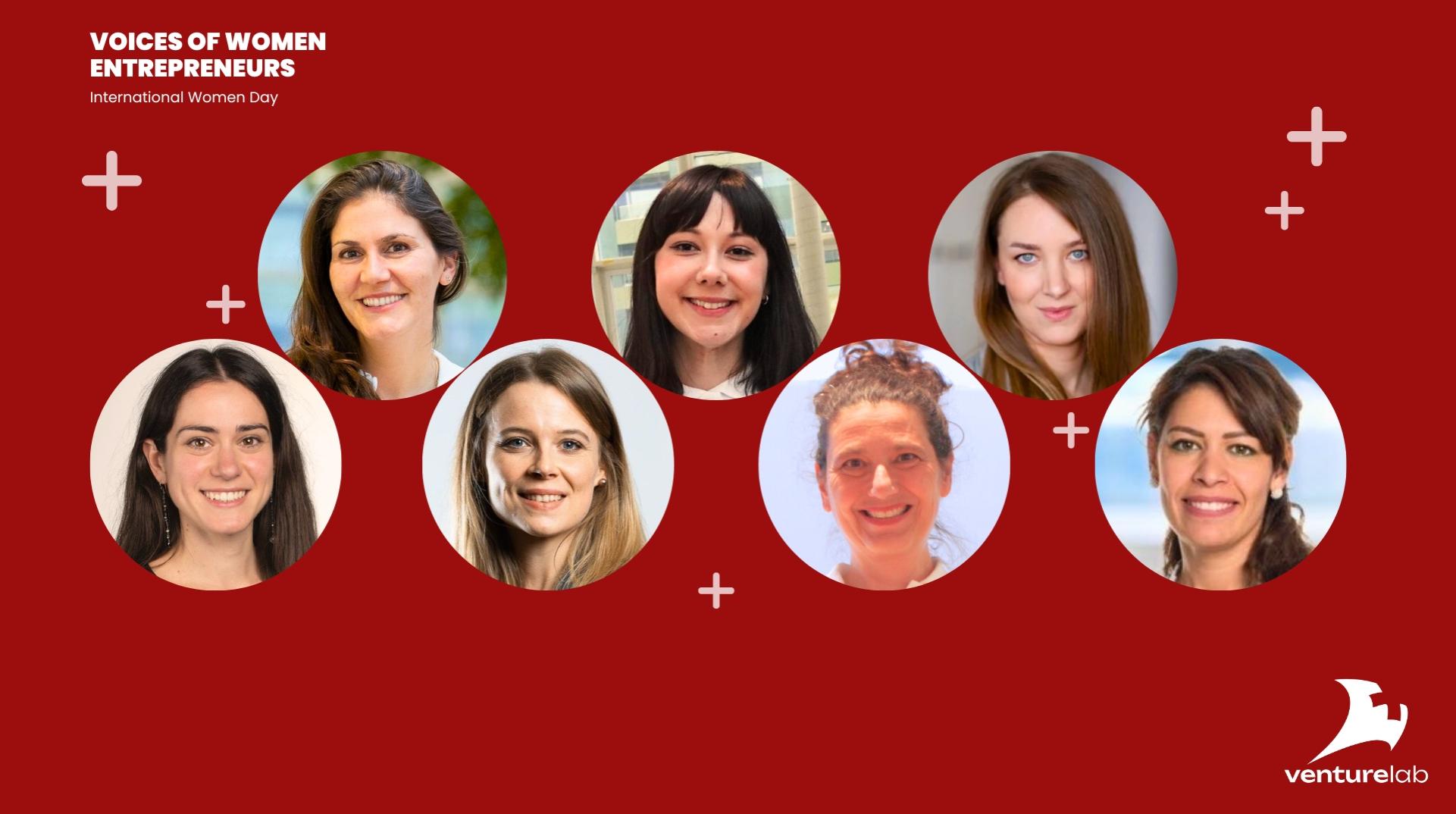
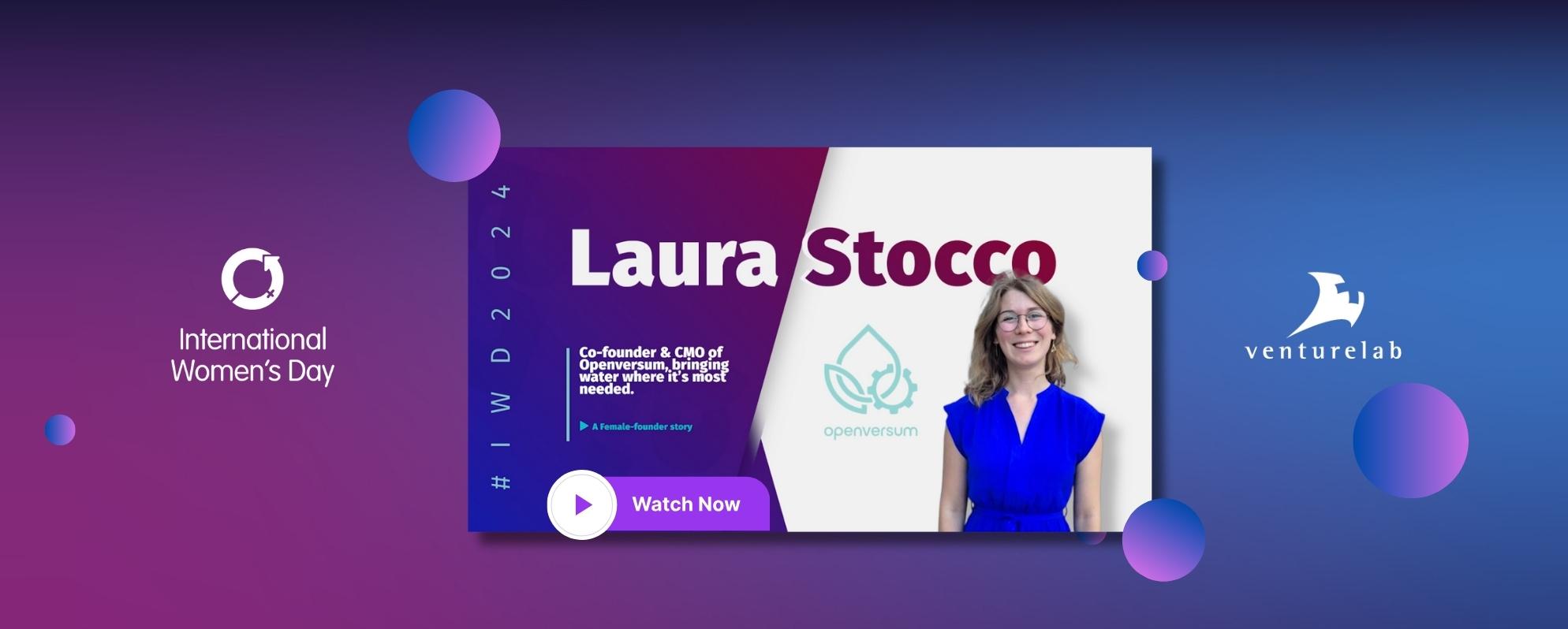
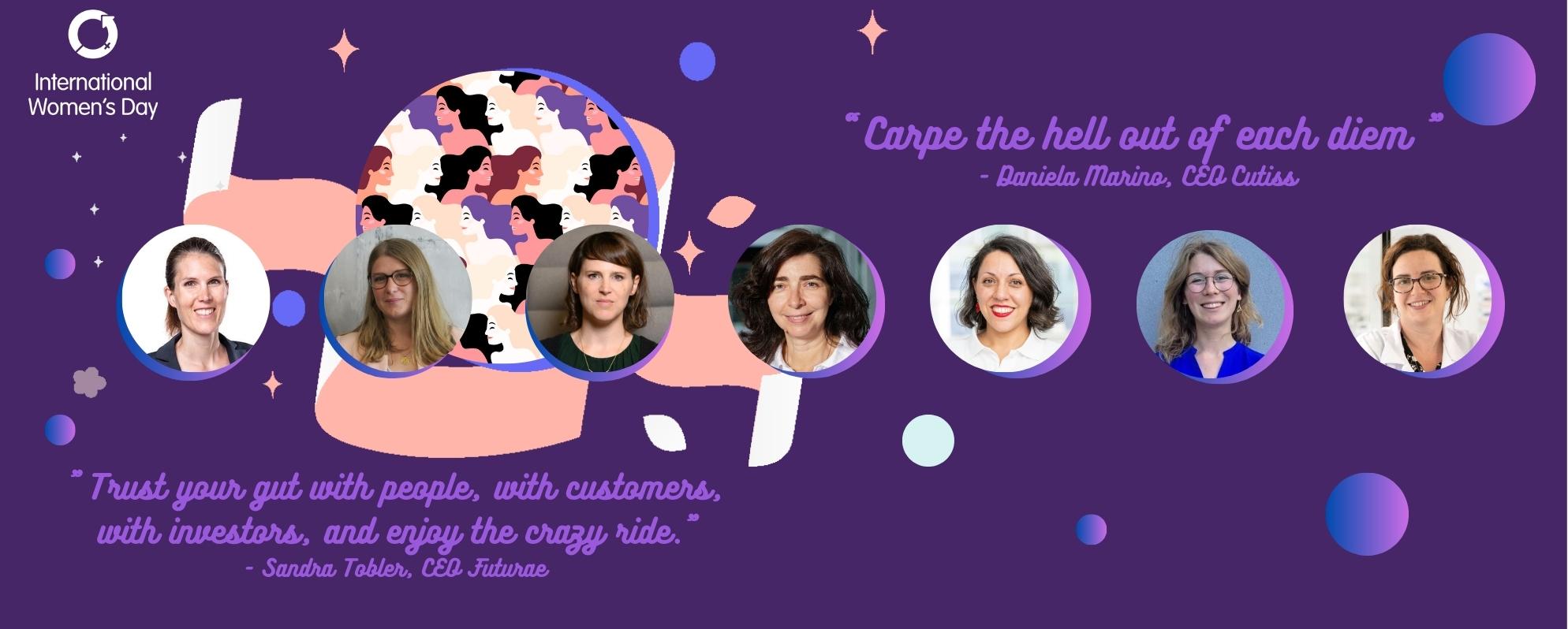


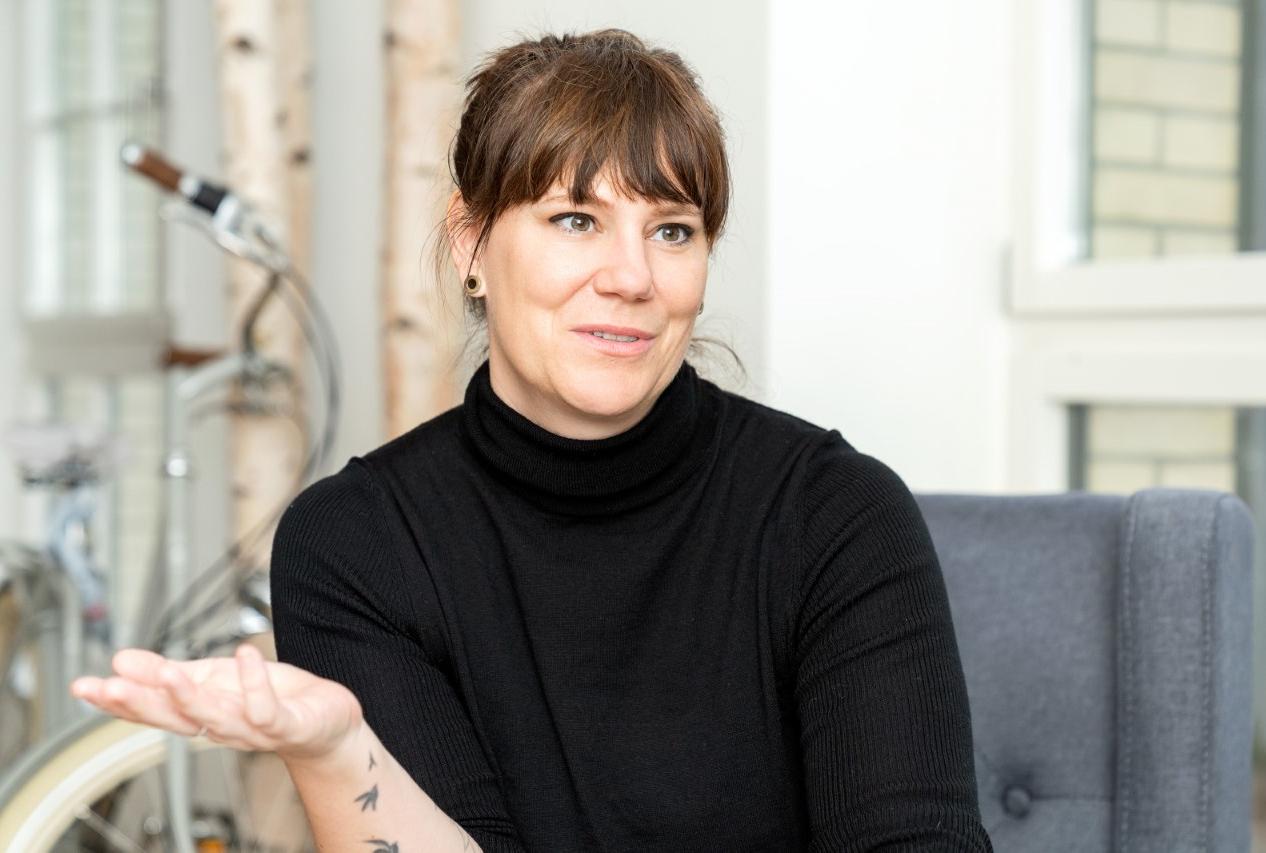
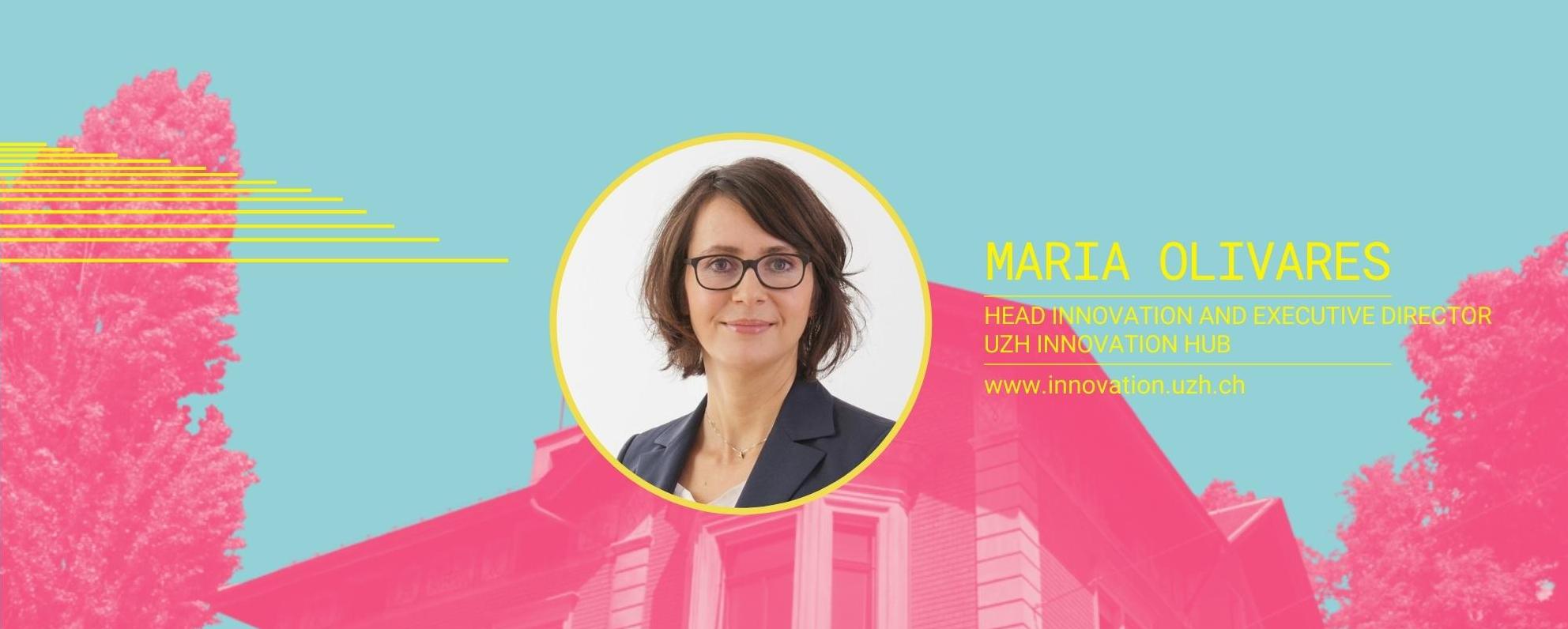


.jpg)


